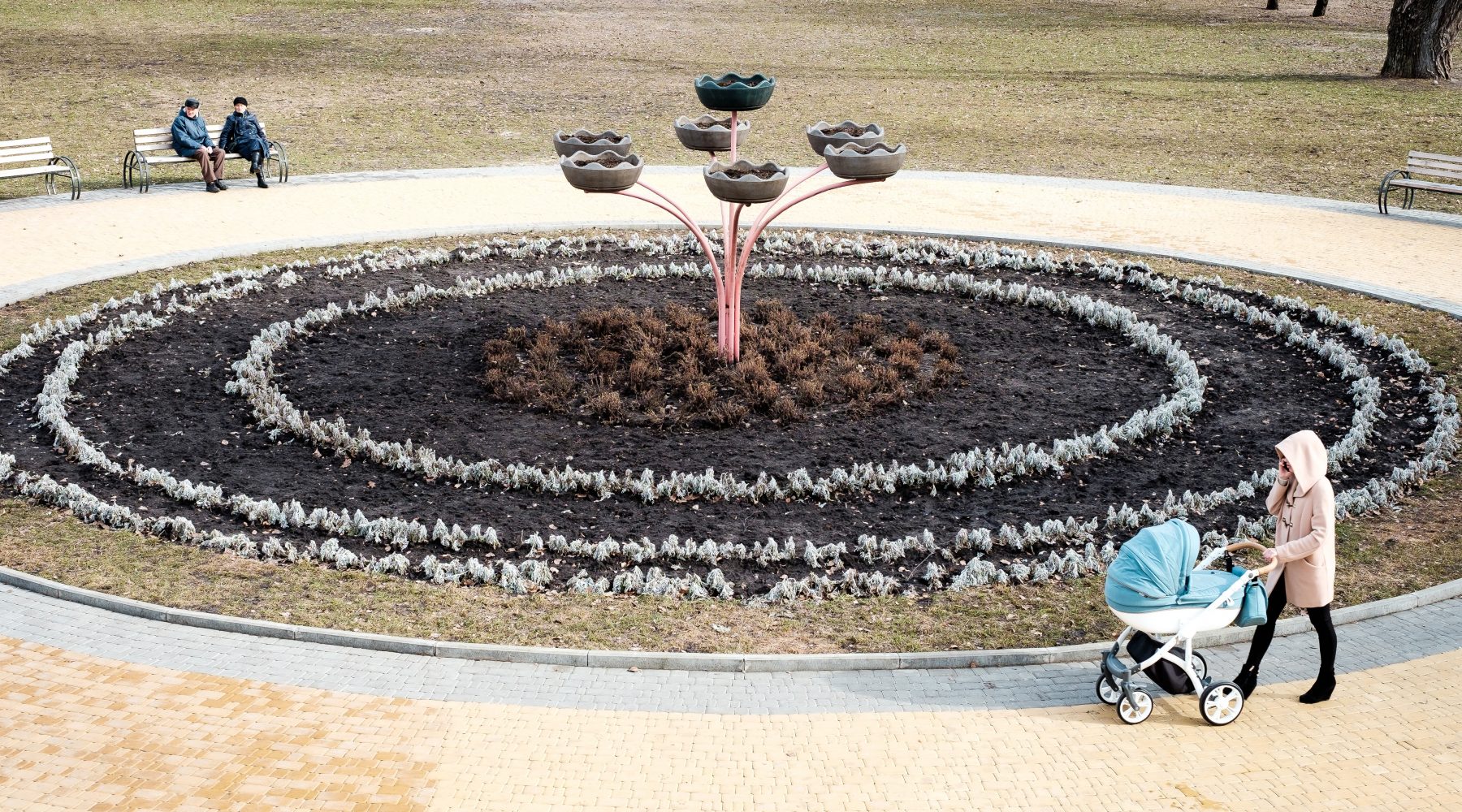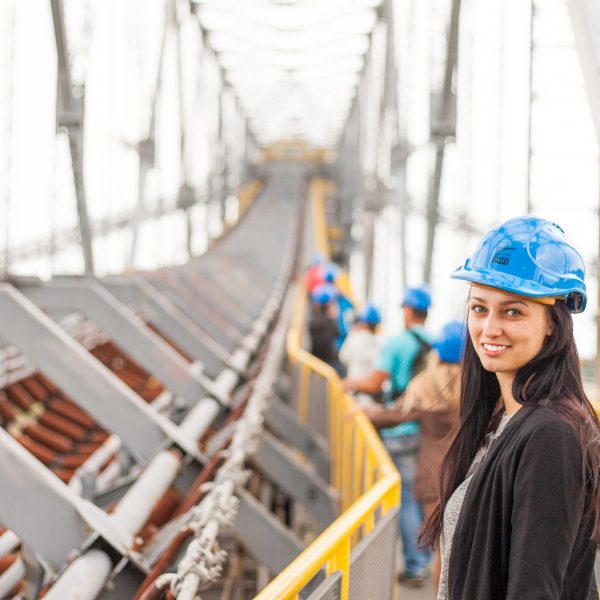More women working – what does that mean for ECEC?

The United Nations has released a new report highlighting the role of the family in providing love and security for some, and fundamental human rights violations, and gender inequity for others.
The flagship report, which is part of The Progress of the World’s Women series, will be of interest to the Australian early childhood education and care (ECEC) sector, as it speaks to the family lives of children who attend education and care, to the role of female workforce participation in maintaining the momentum of the sector, and for the role gender plays in the make up of the ECEC workforce.
Progress of the World’s Women 2019-2020: Families in a Changing World, was published earlier this week, with UN Women Executive Director Phumzile Mlambo-Ngcuka saying the report shows that families, in all their diversity, can be critical drivers of gender equality, provided decision-makers deliver policies rooted in the reality of how people live today, with women’s rights at their core.
“Around the world, we are witnessing concerted efforts to deny women’s agency and their right to make their own decisions in the name of protecting ‘family values’. Yet, we know through research and evidence that there is no ‘standard’ form of family, nor has there ever been.”
The report uses global data, innovative analysis and case studies to show the diversity of families around the world and provide robust recommendations to ensure that laws and policies support today’s families and meet the needs of all their members, especially women and girls, with analysis of what it would cost to implement them.
Trends observed in the report include:
- Women continue to enter the labour market in large numbers, but marriage and motherhood reduce their labour force participation rates, and the income and benefits that come with it.
- Globally, a little over one third (38 per cent) of households are couples living with children, and extended families (including other relatives) are almost as common (27 per cent);
- The vast majority of lone-parent families, which are 8 per cent of households, are led by women, often juggling paid work, child-rearing and unpaid domestic work. Same-sex families are increasingly visible in all regions.
Globally, just over half of married women aged 25-54 are in the labour force, compared to two-thirds of single women, and 96 per cent of married men, new data in the report shows.
A major driver of these inequalities is the fact that women continue to do three times as much unpaid care and domestic work as men in the absence of affordable care services.
The report sheds some positive light on parental leave, with an increase of its intake by fathers, particularly in countries where specific incentives, such as ‘daddy quotas’, are in place that reserve a non-transferable portion of the leave for them on a ‘use it or lose it’ basis.
The report calls on policymakers, activists and people in all walks of life to transform families into places of equality and justice — where women can exercise choice and voice, and where they have physical safety and economic security.
An analysis produced for this report found that most countries could implement a package of policies, including income support throughout the life course, healthcare, and care services for children and older persons for less than 5 per cent of GDP.
The main global facts and figures from the report can be found here.
Insightful regional fact sheets and stories of change featuring civil society initiatives in various countries, along with seven data sets and complimentary videos, are available here.
Popular

Policy
Practice
Provider
Quality
Research
Workforce
Beyond the headlines: celebrating educators and the power of positive relationships in early learning
2025-07-07 10:00:24
by Fiona Alston

Workforce
Policy
Quality
Practice
Provider
Research
ECEC must change now, our children can’t wait for another inquiry
2025-07-02 07:47:14
by Fiona Alston

Workforce
Quality
Practice
Provider
Research
Beyond the finish line: Championing child protection one marathon at a time
2025-07-08 09:15:32
by Fiona Alston













